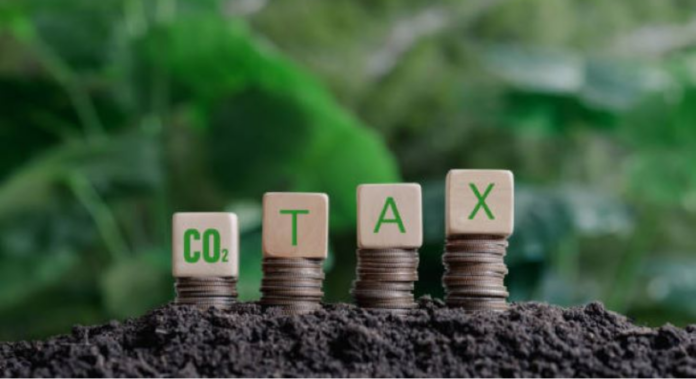Pakistan and the International Monetary Fund (IMF) have reached a Staff-Level Agreement (SLA), which includes the introduction of a carbon levy, reductions in electricity tariffs, increased water pricing, and changes to the automobile sector under the $7 billion Extended Fund Facility (EFF) and the Resilience and Sustainability Facility (RSF), Dawn reported.
Under the agreement, subject to approval by the IMF’s Executive Board, the Fund committed around $1.3 billion in total access over 28 months, raising Pakistan’s overall IMF support to $8.3 billion. The agreement includes access to approximately $1 billion under the EFF, bringing total disbursements to about $2 billion.
The IMF’s executive board will approve the EFF’s second tranche of $1 billion and the $1.3 billion RSF new facility either by the end of April or early May.
The SLA outlines several major policy changes, including a proposed reduction in electricity rates by Rs7 per unit, set to be implemented from April 1, 2025. Other measures, such as the carbon levy and changes in the automobile sector, will begin gradually, with full implementation starting July 1, 2025.
A key aspect of the agreement is the introduction of a carbon levy on hydrocarbons, including petroleum products and coal, starting at Rs3-5 per litre, which will increase over time. The revenue generated from this levy will be earmarked for climate-related expenditures.
Additionally, the automobile sector will see a reduction in average trade tariffs, from 10.5% to 6% until FY2030, as both the IMF and Pakistani authorities agreed that the sector has been overly protected.
The government also plans to address water pricing in collaboration with the provinces, with consultations scheduled before final approval. The overall fiscal consolidation process will continue in the upcoming budget, with reductions in energy subsidies and tight control on development spending.
The government has requested a reduction in the GST rate on electricity, but the IMF has opted for adjustments through higher petroleum levies.
While welcoming Pakistan’s progress in restoring macroeconomic stability over the past 18 months, the IMF warned of risks posed by geopolitical shocks, commodity price fluctuations, and rising protectionism. It also highlighted the ongoing climate-related challenges and the need for continued resilience-building, particularly through adaptation measures.
To maintain fiscal stability, the government has committed to achieving a primary surplus of at least 1% of GDP by FY25 and continuing fiscal consolidation in FY26. The focus will remain on enhancing revenue mobilization, improving public finances, and addressing inefficiencies in the energy sector, including reducing circular debt, enhancing the power distribution system, and promoting renewable energy.
The government has also committed to maintaining a tight monetary policy and ensuring inflation remains within the State Bank of Pakistan’s target range of 5–7%, while prioritizing exchange rate flexibility and rebuilding foreign exchange reserves.
Additionally, under the RSF, the government will focus on improving disaster resilience, water resource management, and promoting green mobility.




